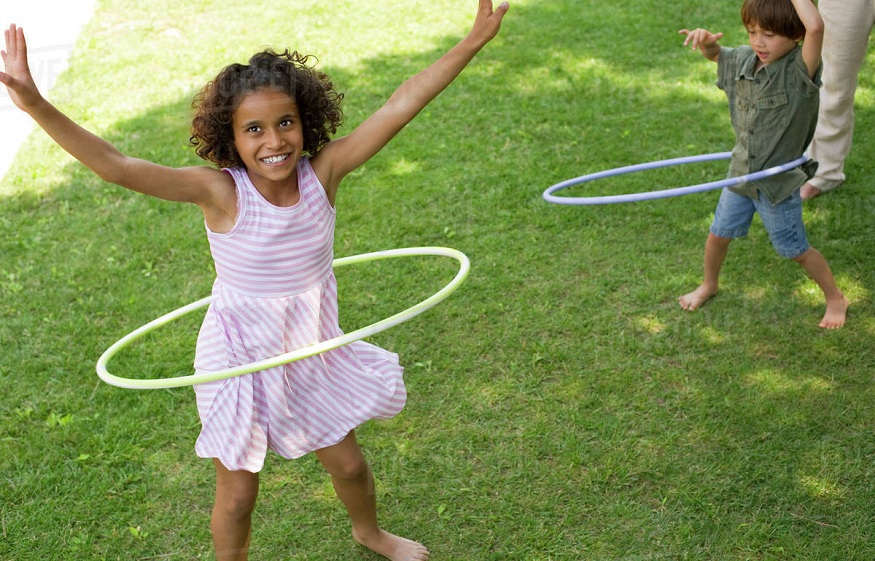Why People Living With Disability Should Engage in Outdoor Activities
People living with disability face a variety of challenges in their daily lives. It is important that they stay active, as this can help them cope with the challenges they face.
Inactivity has been linked to an increased risk of disability, particularly cardiovascular disease and diabetes. This is especially true for people who have a diagnosis of a neurological condition like Parkinson’s disease, multiple sclerosis, or stroke. Inactivity can also increase the risk of developing depression and anxiety disorders.
People living with a disability often find it hard to keep up with the demands of modern life – sometimes because they simply don’t have time, but more often because they don’t feel physically capable of doing so. However, engaging in outdoor activities such as walking, cycling or swimming can help improve your quality of life and reduce the risk of developing health problems.
Here is how outdoor activity center can benefit people living with a disability.
Provide an opportunity for physical activity
Outdoor activities provide an opportunity for physical activity, which can help people with disability to manage their weight, improve stamina, develop strength and flexibility and perform better in difficult situations.
Help improve their mental health
Outdoor disability activities also help people with disability to maintain their mental health, as there are opportunities for social interaction and interaction with others, which is important for maintaining a healthy mind.
Social interaction
Being out in nature allows people with disabilities to meet new friends and make new memories. They can gather food for themselves or others, meet new animals or even find shelter if it rains. These experiences help improve self-confidence and social skills, which can help them function more independently at home or in their community.
Spiritual connection
Spending time outdoors can also be very rewarding for those who have lost loved ones or feel disconnected from spirituality in general. Spending time outdoors allows these individuals to connect with nature and experience its beauty on a deeper level.
Increase their self-esteem
People living with disability are often marginalized and dismissed by the mainstream community. They are often ignored or not taken seriously regarding their needs, thoughts, and opinions. Unfortunately, this can lead to a sense of isolation and loneliness for some people living with disability. However, engaging in outdoor activities increases their self-esteem and confidence considerably.
Outdoor activities promote healing
The human body is built to be active, and it needs to move around to keep itself healthy. When we don’t get enough exercise, our bodies can become stiff, and our muscles can weaken. In addition, if you live in an area where it’s cold all year round, your muscles will struggle to warm up properly during winter when they need to be used most.
Outdoor activities are fun
People living with a disability may find that some forms of outdoor activity bring them great pleasure – whether it’s hiking or cycling or even just being outside and breathing fresh air! They may also find that other types of outdoor activity have less appeal for them – for instance, perhaps going fishing would not be something they would enjoy doing for an hour every day if that’s all they had available to them at home. However, even if a person does not like any particular type of outdoor activity, engaging in some form of physical activity each day can help keep them fit and healthy, reducing their risk of developing conditions such as heart disease or diabetes later in life.
Finally, outdoor activities are an essential part of the rehabilitation process for people with disability. And engaging in outdoor activities can significantly improve a person’s quality of life.



